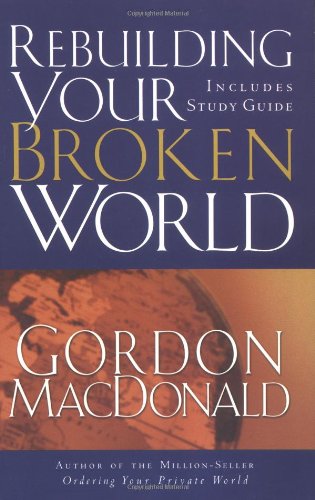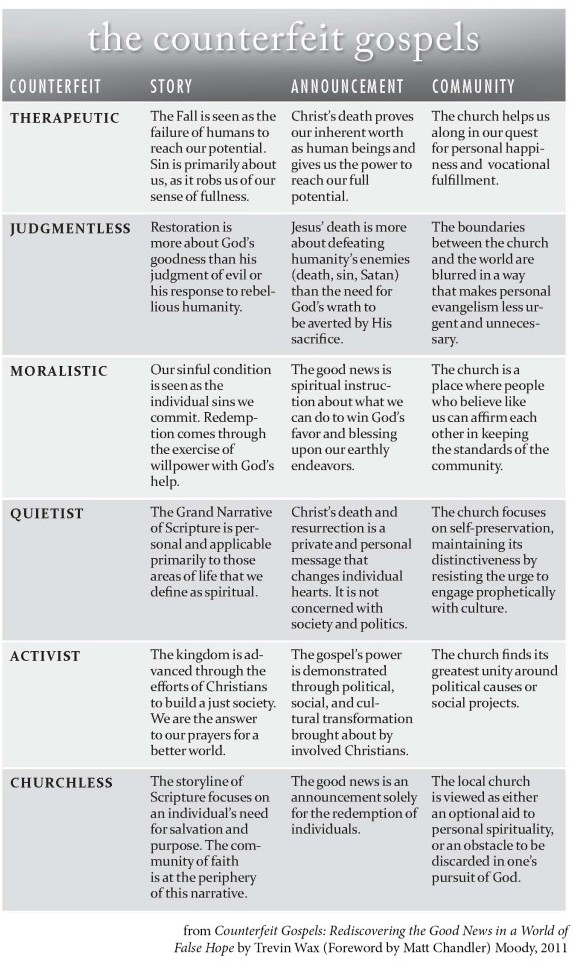Especially among Evangelicals, there is a naïve belief that if only we were winsome enough, kind enough, and compassionate enough, the culture would welcome us with open arms. But now our love — expressed in the fullness of a Gospel that identifies homosexual conduct as sin but then provides eternal hope through justification and sanctification — is hate.
Christians who’ve not suffered for their faith often romanticize persecution. They imagine themselves willing to lose their jobs, their liberty, or even their lives for standing up for the Gospel. Yet when the moment comes, at least here in the United States, they often find that they simply can’t abide being called “hateful.” It creates a desperate, panicked response. “No, you don’t understand. I’m not like those people — the religious right.” Thus, at the end of the day, a church that descends from apostles who withstood beatings finds itself unable to withstand tweetings. Social scorn is worse than the lash.
This is the era of sexual liberty — the marriage of hedonism to meaning — and the establishment of a new civic religion. The black-robed priesthood has spoken. Will the church bow before their new masters?
What a statement! -"...a church that descends from apostles who withstood beatings finds itself unable to withstand tweetings."
HT: Denny Burk













